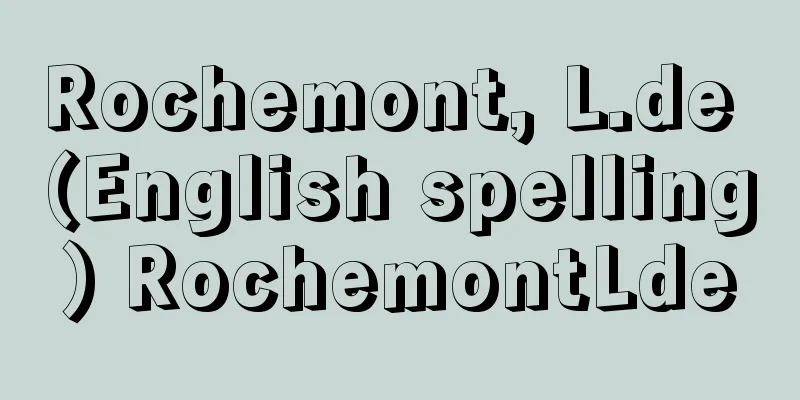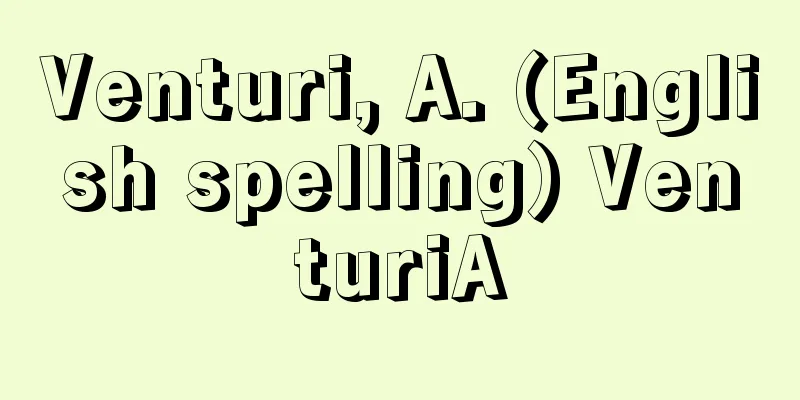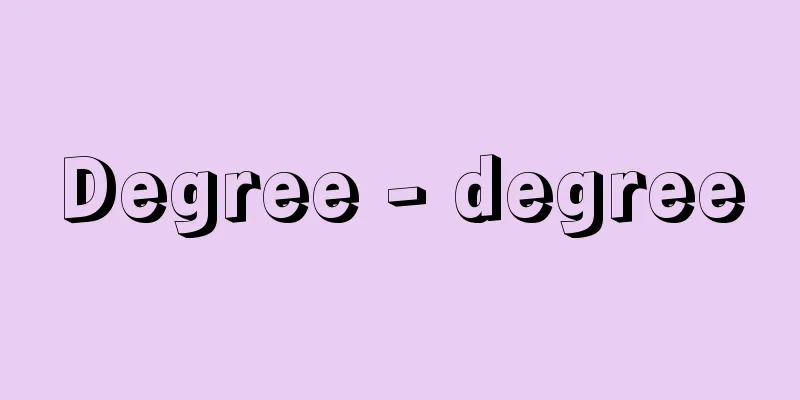Nishikawa Joken

|
Born in 1648, Nagasaki [Died] August 10, 1724 (Kyoho 9). Nagasaki. A scholar of astronomy and calendars in the mid-Edo period. His given name was Chuei, and his pen name was Gyurinsai. He was commonly known as Jiroemon. He was the son of Tadamasu, a blacksmith who sold ironware. He took over the family business, but at the age of 20, he studied Neo-Confucianism under the Kyoto Confucian scholar Nanbu Soju and astronomy and calendars under Hayashi Kisaemon, and established the family's views by taking into account the theories of the early Confucians and Western theories. At the age of 50, he retired and handed over the family business to his eldest son, Masamasa. In 1718 (Kyoho 3), he was invited by the Shogun Tokugawa Yoshimune to go to Edo and answer questions about Western studies. In "Chonin no Fukuro," Jyoken actively advocates the significance of a townsman's life, but this was not simply a matter of telling the samurai that a townsman's life was enjoyable. More fundamentally, his belief was based on a denial of the notion of nobility and inferiority, that is, an understanding of the essential equality of the four classes and the dignity of human beings. In "Hyakusho-bukuro," he also criticized the bad customs in Japanese male-female relations and advocated the idea of monogamy. These assertions, which went beyond the constraints of his time, are linked to his broad, global perspective. In "Nihon Suido-ko" (20), he develops a theory of land theory, arguing that national character and national character can be understood from the natural environment of the land. He also wrote many other works, including "Ka-i Tsusho-ko" (1695), "Tenmon Giron" (1712), and "Nagasaki Yawa-sou" (19). Source: Encyclopaedia Britannica Concise Encyclopedia About Encyclopaedia Britannica Concise Encyclopedia Information |
|
[生]慶安1(1648).長崎 [没]享保9(1724).8.10. 長崎 江戸時代中期の天文暦学家。名は忠英,号は求林斎。通称は次郎右衛門。鍛冶業を営み鉄器販売を行う忠益の子。家業を継いだが,20歳の頃,京都の儒者南部艸寿に朱子学を,林吉佐衛門に天文暦学を学び,先儒の諸説や西洋の説を参酌して一家の見を立てた。 50歳で,長子の正昌に家業を譲って隠居。享保3 (1718) 年将軍徳川吉宗に招かれて江戸に行き,洋学についての下問に応じた。『町人嚢』で如見は町人生活の意義を積極的に主張するが,それは単に武士に対して町人生活は楽しいことを語るだけではなかった。より根本的には,人間における貴賤尊卑の否定つまり四民の本質的平等と人間の尊厳性の把握に基づくものであった。また『百姓嚢』では日本の男女関係における悪習を批判し,一夫一婦思想を説いている。これらの時代的制約をこえた主張は彼が広い世界的な視野をもっていたことと関連する。そして実際『日本水土考』 (20) では国土の自然環境から国柄や,国民性を理解できるとして,国土論的考察を展開している。著書はほかに『華夷通商考』 (1695) ,『天文義論』 (1712) ,『長崎夜話草』 (19) など多数。 出典 ブリタニカ国際大百科事典 小項目事典ブリタニカ国際大百科事典 小項目事典について 情報 |
Recommend
Akanishi Kaita - Akani Shikakita
A Japanese film from 1936 (Showa 11). Directed by...
Witkiewicz
Polish author and playwright. Known for his many t...
Agro Town
...The coastal plains are characterized by intens...
Urea resin - Nyousojushi
Also known as urea resin. A thermosetting resin o...
NC lathe - NC lathe
...There are also so-called Swiss-type automatic ...
Yokote Basin
Located in the southeastern part of Akita Prefect...
Switching curve
…The same is true when starting from the initial ...
Sketch - Esquisse (English spelling) esquisse French
It mainly refers to a preliminary sketch in paint...
Yoshida Koton
A pioneer of historical research in the late Edo ...
Funaki Pass
Lakeside barrier established in Omi Province. The ...
Hierarchy - Kaito
Please see the "Hierarchy" page. Source...
Electrometric titration
A general term for a method of determining the en...
Gymnoznia - Gymnoznia
…The body shape is varied, from anchor-shaped to ...
Physical Chemistry
Chemistry is an academic field that explores the s...
Supervision - Kenmotsu
〘 noun 〙 Under the Ritsuryo system, an official po...









